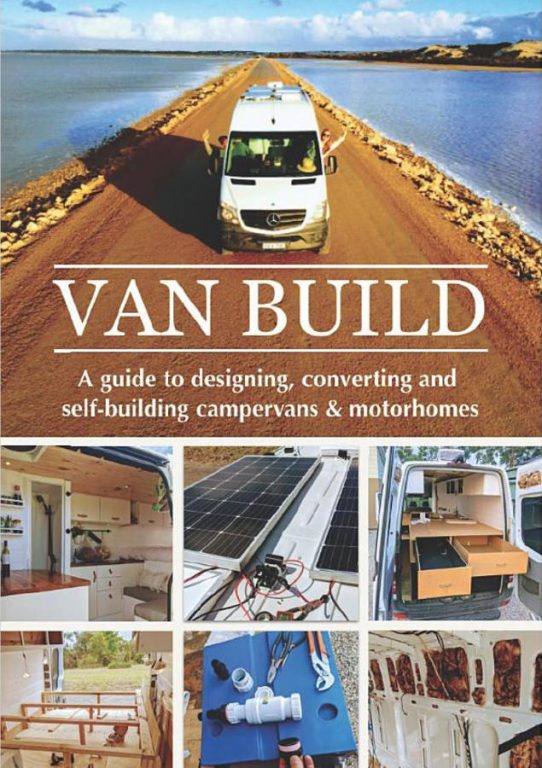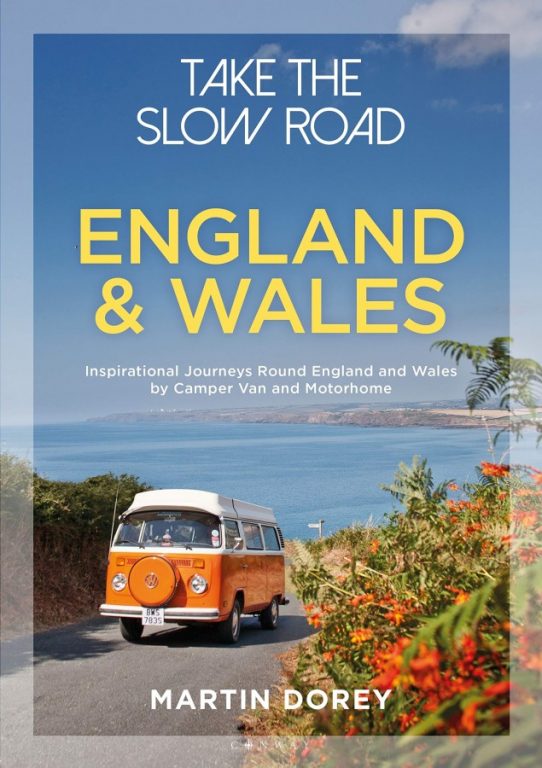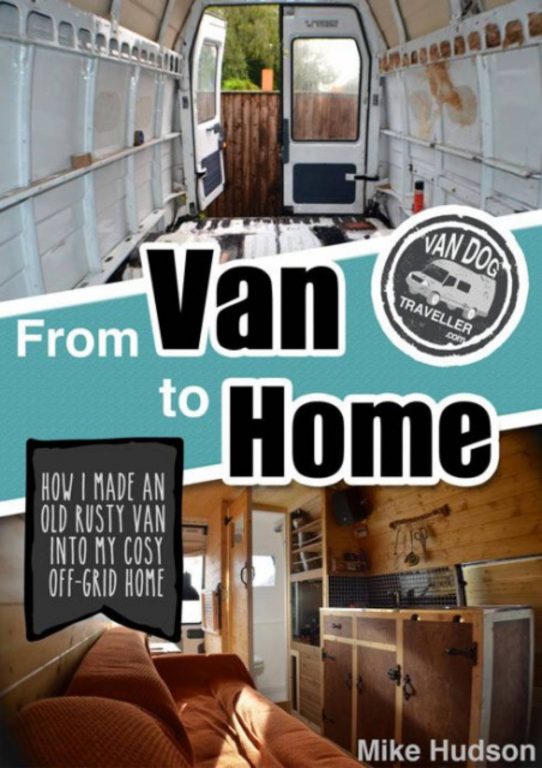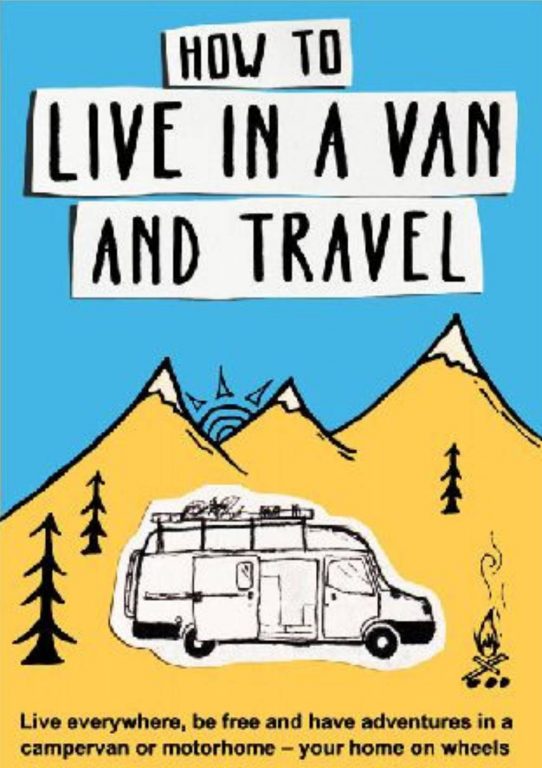Morocco is included in the European section as most people visit Morocco as part of a European trip.
Most visitors to Morocco have a great time with no problems. Although separated by just 14kms of water, Morocco has a completely different culture to Europe. Although geographically part of Europe, Morocco is culturally part of the Middle East. Morocco has the same problems as every country in the world, but most of the friendliness and curiosity you will encounter is genuine. However, do keep you wits about you.
French is widely spoken, and English in the large cities and tourist areas. The locals are keen to buy electrical goods, children’s clothes and men’s clothes to a degree. You are likely to be asked whilst at garages refueling if you have any thing to sell. Some visitors cover their ferry crossing and living expenses whilst in Morocco by the goods they have sold during their stay.
Remember to respect the local traditions and you will find the locals very friendly. If you can get by in French you have a head start. Try to avoid the month of Ramadan. This is the Islamic holy month, and you will find the local people are more reserved as they observe special traditions during this time.
Ferries to Morocco
It is best to buy ferry tickets from the port complex at Algeciras. You will be provided with the necessary visa forms for the entry in Morocco. Ask for an extra set for your return as this makes life easier then.
Moroccan border crossings
The province of Ceuta in Morocco is actually Spanish. If your ferry is late in the day it can be easier to stay overnight in Ceuta, and then cross the border into Morocco in the morning. It takes about 45 minutes to complete the formalities at the border. On arrival at the border you will be directed to a parking area. Here is our guide to getting through the border with your vehicle:
- Take your visa forms and passports to the “Enquiries Office ” on the left hand side of compound. Write your Vehicle Registration Number on the reverse of the drivers form. You will get an entry visa for three months. This can be extended at a later date by proof of means i.e. “Plastic” or by opening a local bank account in Morocco.
- Take Vehicle Registration Document and GREEN CARD to the customs office (signed Registration of Vehicles). There you will complete a green form; they keep the original you keep the duplicate. Don’t loose this as it’s needed to get out of the country. Return to the vehicle with the form and wait for the inspection by the customs official. After inspection a temporary tax disc is issued. This is often glued to the inside of the windscreen.
Currency exchange can be completed while waiting for the customs inspection. Jan 2001 rate was 15DH=£1. It is not necessary to bribe officials or pay “helpers” to complete the border formalities. A working knowledge of French is very useful. Generally if the ladies sort out the paperwork at the border they are treated with more respect.
Money in Morocco
You can change currency whilst waiting at the border crossing. Rate is approximately 15DH=£1. You are not permitted to bring money into or out of Morocco. Leave time to change you currency when leaving.
The cost of living is very cheap compared with Europe. Site fees averaged at approx. £3-£5 per night. Currency is available from hole in the wall cash dispensers in all large towns. International Visa is not always accepted. Most Visa signs indicated Moroccan Visa only.
Languages in Morocco
Arabic is the first language, and spoken by all. French is the second language, and spoken by some, especially in tourist areas. English is spoken in the bigger tourist areas. If you know some French, use it, as it will make life easier.
Campsites in Morocco
There are quite a few campsites in Morocco. However, the quality of these sites varies greatly. Electricity where available is not reliable. Gas bottles can be refilled at gas plants in Agadir and Marrakech.






LPG
can anyon help me please. In Morocco can you fill up with LPG at petrol stations thanks
Morocco
Can anyone help please, can we fill up with LPG gas at petrol stations. We cook only with this Thanks
Insurance
Hello all,
Great site, loads of handy tips for full timers.
My problem, we live in France at present but are moving back to the UK as soon as we have sold house, not easy these days.
We have UK address and want to buy a camper to use in Europe.
We want to buy in UK as we dont want LHD.
At present we are French residents and I have a French driving licence.
All the insurance companies we have tried will not insure because of the above.
Does anyone out there know of a legal way around problem.
DES
Have you tried downunder
Have you tried downunder insurance? They cover non UK residents
http://www.duinsure.com/sites/duinsure.nsf/homepages/homepage
Hire of motorhome in Morocco
does anyone know if there is anywhere in Morocco that you can hire a motorhome or do you have to hire in Spain and take accross?
steps to morocco via spain
Can someone help me, i want to go via minibus with family, what do the ferry officials and moroccan authorities ask for when coming in a minibus. need help with green card (what is it) and insurance to morocco from uk via spain. any help will be greatly appreciated.
I don’t think it will make an
I don’t think it will make an difference taking a mini-bus as opposed to a van or campervan.
Check with your insurance company to see if they cover travel to Morocco.
MORROCO How to get Internet via my mobil
Hi all,
I,m travelling to Morocco for a month in a camper. Does anyone know if it is possible to connect my mobil to my laptop so I can go on line? I do this in Bali and Thailand but how do i do it in in Morocco.?
What is best simcard to get?
Where do I buy it?
My first stop is Shefchaouen, would that be a good place to get connected?
I travel to Erfoud and back over Marrakesh
I do not speak French or Moroccan enough for phone calls to operators. Maybe Spanish, I do speak Portugeus. I am Dutch.
Thank a lot, Marjolijn
Yes
Hi Marjolijn
I haven’t tried it myself, but it seems there is GPRS (slow) and 3G (fast) mobile phone internet access in Morocco.
I would suggest going to a phone shop whilst there and getting a SIM card. Consider everything you are told, as it might not be 100% accurate. Only pay for a SIM card if the price seems right. Maybe try 2 shops before making a purchase.
Road to Mersouga, Marocco
I want to drive myself , with my motorhome, from rasinni to Mersouga. Does anyone know how the road is and if it is sighnposted. Thanks, Marjolijn